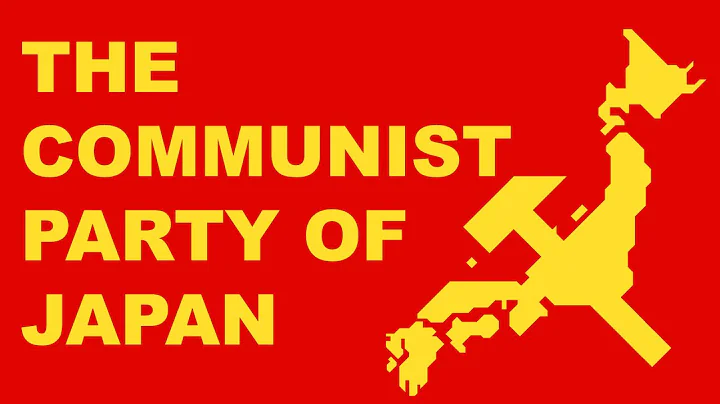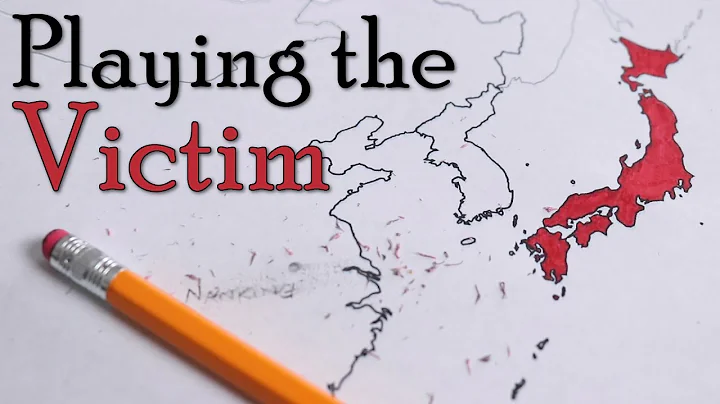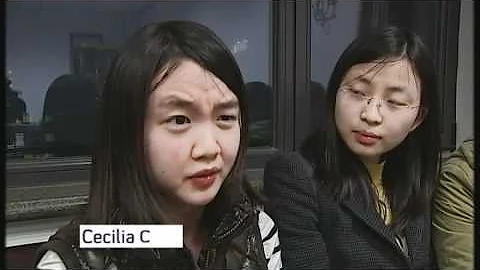As we all know, before and after the fourteen-year Anti-Japanese War, there were two major political parties in the country, one was the Communist Party and the other was the Kuomintang. At first, the two domestic parties also cooperated twice, and also established the Anti-Japanese National United Front , which successfully repelled the Japanese invasion.
However, one mountain cannot tolerate two tigers. After the end of the Anti-Japanese War, one government must be established. Therefore, after the Double Ten Agreement was torn up, our country launched a three-year war of liberation. In the end, the Kuomintang was defeated and retreated to Taiwan.
Faced with such a clear outcome, many people think that the Kuomintang and the Communist Party are not in contact with each other. In fact, this is not the case. The Communist Party is magnanimous and generous. It not only rewards its own soldiers based on their merits, but also treats the Kuomintang generals who surrendered well. Therefore, it has attracted people one after another. Many Kuomintang generals returned to China, the most famous of which were the two Kuomintang generals Wei Lihuang and Li Zongren .

Different national generals
Although they both belong to the Kuomintang faction, there are still differences between them. These differences have created their different life experiences, status within the Kuomintang, and even their official positions after returning to the country. This explains the different treatment of the two people.
As the leader of the new Guangxi faction, Li Zongren has a good status in the Kuomintang, and he has a vague attitude of competing with Chiang Kai-shek . In fact, after the initial subjugation of the warlord's Northern Expedition , the two still treated each other as brothers, but in the end it was still power that caused trouble, and coupled with their different political opinions, the two gradually developed a rift.
In the later period of the Kuomintang in mainland China, because Chiang Kai-shek no longer met the requirements of American supporters, Li Zongren was supported by the Americans as acting president in an attempt to carve up Chiang Kai-shek's power for the United States to control. However, after all, Chiang Kai-shek had controlled the Kuomintang for many years, and Li Zongren was only in name only. It was meaningless to become the acting president when the Communist Party was already victorious, and it was impossible to realize Li Zongren's ambitions. Therefore, after the Kuomintang retreated to Taiwan, Li Zongren also went to the United States to hide his name.

Compared with Li Zongren, Wei Lihuang may not have such a high position and power, but he is also a well-known tiger general within the Kuomintang, with very excellent combat capabilities.
Wei Lihuang also surrendered to the Kuomintang during the Northern Expedition and faced the warlord leader Sun Chuanfang , which shows his bravery in combat. What is embarrassing is that Wei Lihuang is known as one of the five tiger generals of the Kuomintang. His greatest achievement is "suppressing bandits."
After the April 12th Incident in 1927, the first cooperation between the Kuomintang and the Communist Party failed. The Kuomintang vigorously arrested communists and sent Wei Lihuang as the commander of the bandit suppression. The fourth encirclement and suppression campaign severely damaged the Communist Party Red Army team, which was severely damaged by Chiang Kai-shek. As a reward, even changed the name of a county to Lihuang in recognition of his combat achievements.

However, after the second cooperation between the Kuomintang and the Communist Party, Wei Lihuang gradually became dissatisfied with Chiang Kai-shek's attitude towards the anti-Japanese war, so the relationship became estranged. Chiang Kai-shek did not want to treat him so fiercely, so he sent Wei Lihuang to the Yunnan border to launch the Far East Burma Campaign.
Here Wei Lihuang made great achievements in battle, successfully defeated the arrogance of the Japanese invaders, and also made his own reputation.
On the eve of the outbreak of the Liberation War, Wei Lihuang was unwilling to cooperate with the Communist Party, so he did not return to China to participate in the war under the pretense of traveling around Europe for inspection. Even though he was finally forced to participate in the Liberation War, he opened fire on the Communist Party in the Liaoshen Campaign In the eyes of Chiang Kai-shek, such an act was inaction, and he was even suspected of being a communist. Fortunately, Wei Lihuang escaped suspicion on his own and went to live in Hong Kong after the Kuomintang retreated.

Different Treatments for Returning to China
When New China was founded in 1949, the whole country rejoiced. Wei Lihuang, who was far away in Hong Kong, sent a congratulatory message as soon as possible, expressing his sincere congratulations on the victory of the Communist Party, and the Communist Party expressed its gratitude.
At this time, Wei Lihuang also saw the sincerity of the Communist Party, because after the founding of the People's Republic of China, the Kuomintang generals who surrendered were not punished, but were given preferential treatment. This gave Wei Lihuang hope. Who doesn't want to return to his own country? The motherland, the mainland is also my hometown.
In 1955, Wei Lihuang returned to the mainland at the warm invitation of the Communist Party. This was a sensational event and an ice-breaker between the Kuomintang and the Communist Party. Chairman Mao and Zhou Enlai personally received Wei Lihuang who returned to China. gave Wei Lihuang Huang's highest standard courtesy .

In addition to giving Wei Lihuang courtesy, Chairman Mao also gave Wei Lihuang the position of vice chairman of the National Defense Commission. This is a deputy national-level treatment, which also flattered Wei Lihuang.
Chairman Mao said that let the past go. After all, suppressing bandits is also an order and must be followed. Today's era no longer dwells on the past. This attitude greatly moved Wei Lihuang and made him very happy. The Communist Party's attitude towards Wei Lihuang strengthened the hope of other Kuomintang veterans to return to the country.
Li Zongren returned to China in 1965. As the acting president of the Kuomintang, Li Zongren's return should be more grand than Wei Lihuang's in the eyes of the public. After all, there was a gap in positions between the two within the Kuomintang.

But what is unexpected is that the state only gave Li Zongren all the corresponding treatment, but did not give Li Zongren the treatment of an official position. Even when Li Zongren mentioned this to Chairman Mao and asked about his official position, Chairman Mao rejected him. What is the reason for this?
It turns out that the country made such a decision after comprehensive consideration. After Wei Lihuang returned to China, he was promoted to deputy state level. If the salary was given according to the position of the Kuomintang generals, Li Zongren could only be paid higher than Wei Lihuang, so then Only Zhengguo level.

Obviously it is very inappropriate to give a national-level position to a former Kuomintang general. There will be many people in the party who object, so Li Zongren's official position and treatment can only be left idle.
Another reason is probably that Wei Lihuang's performance during the Liberation War was beneficial to the Communist Party. The Communist Party would not be stingy with friends who had helped them, and Li Zongren has always been known for his ambition. Even if he returns to China alone now, he will not be stingy. He did not dare to give too much power and could only give generous treatment. Even in his seventies, he arranged a marriage between young and old to help Li Zongren spend his old age in China.

Summary:
More than half a century has passed, and the disputes between the Kuomintang and the Communist Party have also been written into the annals of history. No matter how tit-for-tat they once were, the current relationship should be maintained by friendship. After all, we all share the same motherland. People sharing the same blood should not be separated from each other just because of different factions, but there should be differences in closeness and distance between the two places.





















